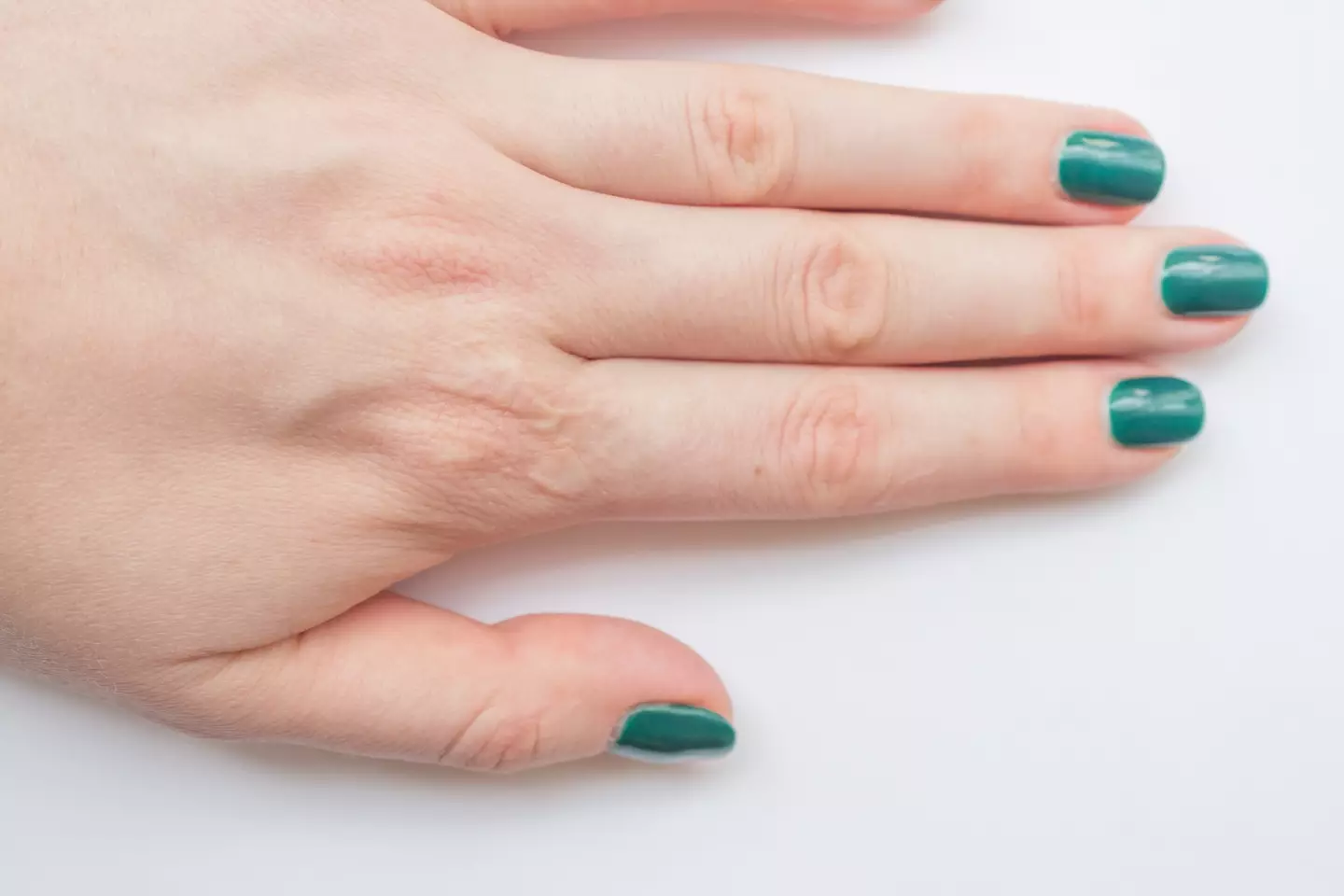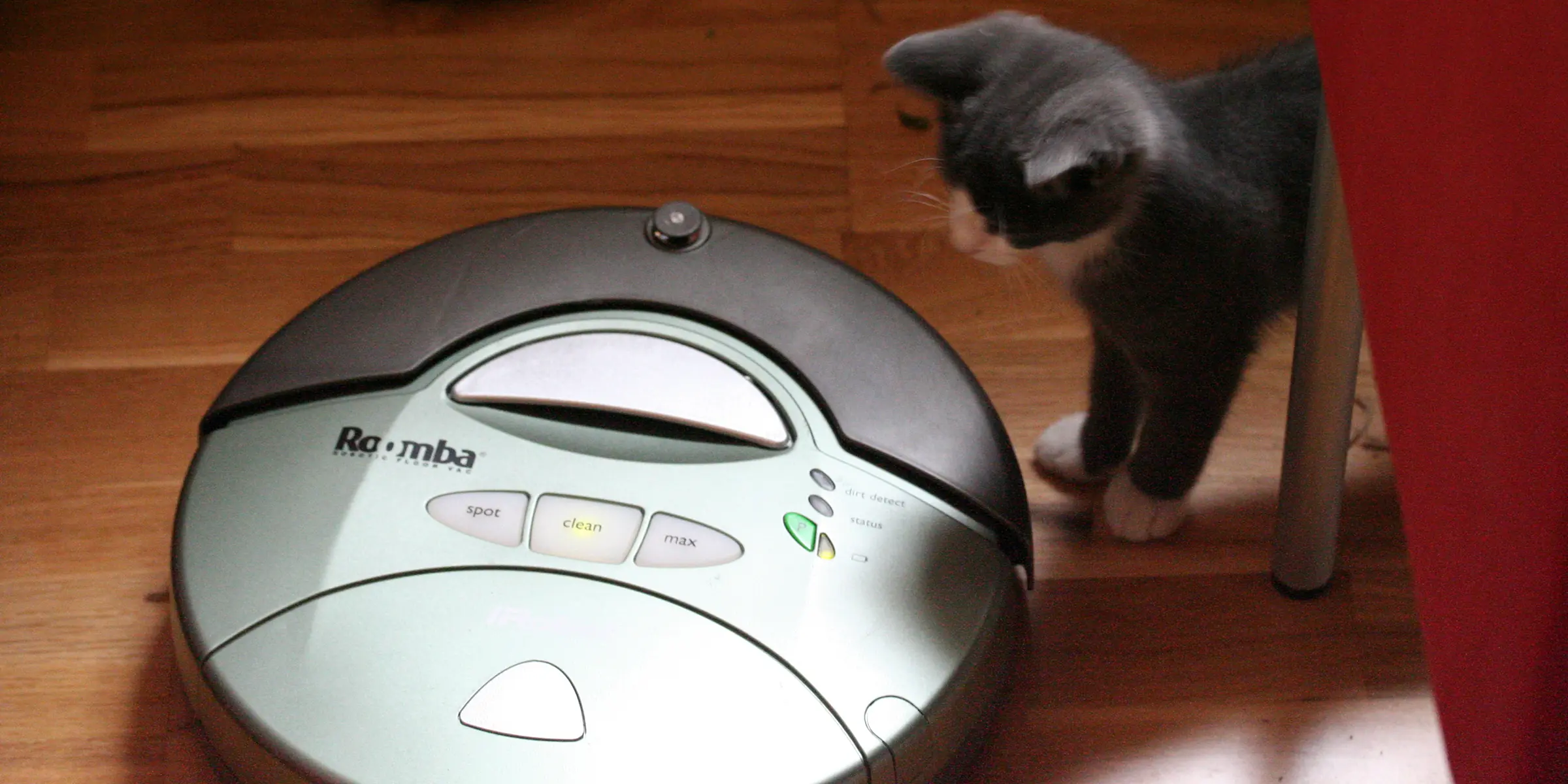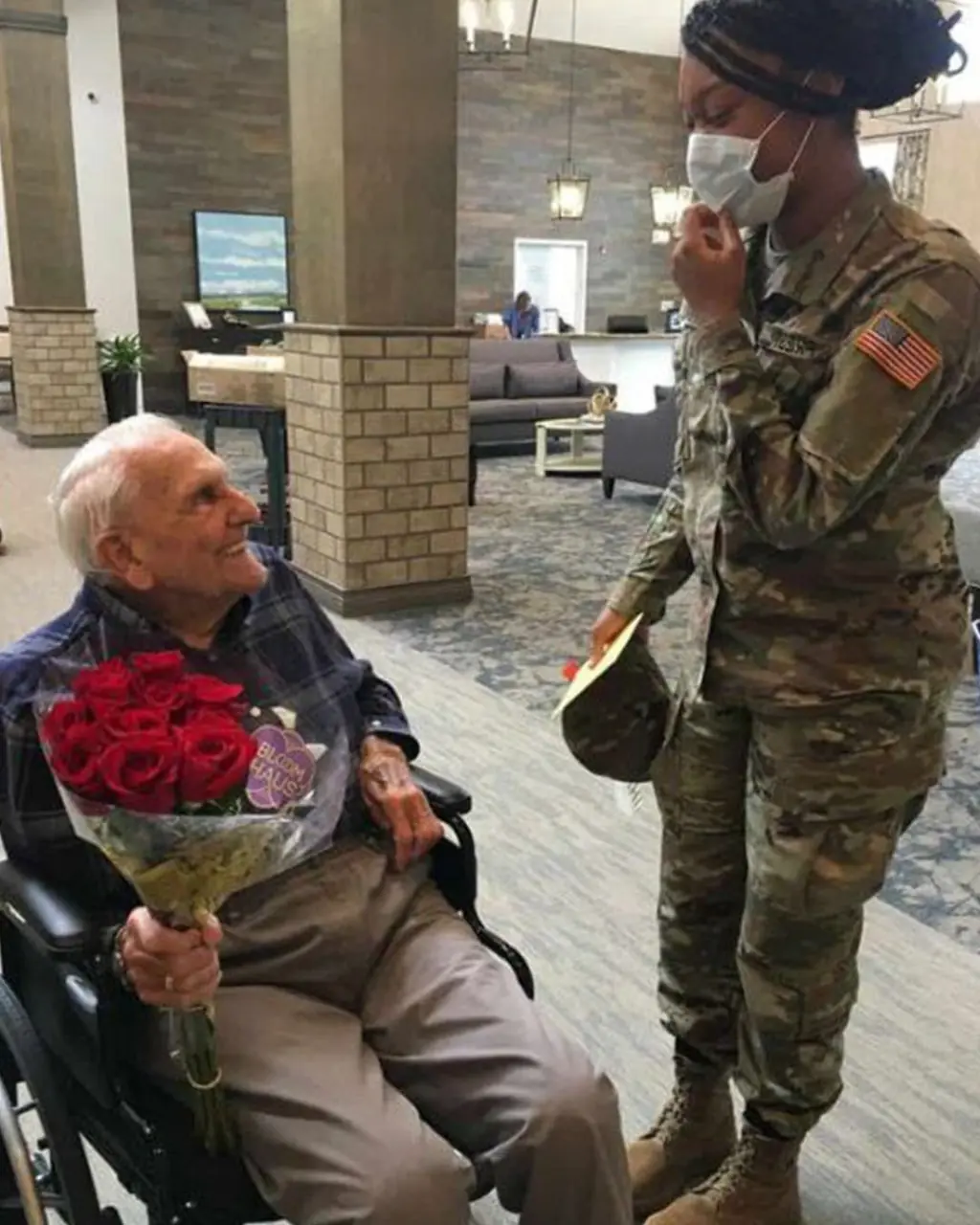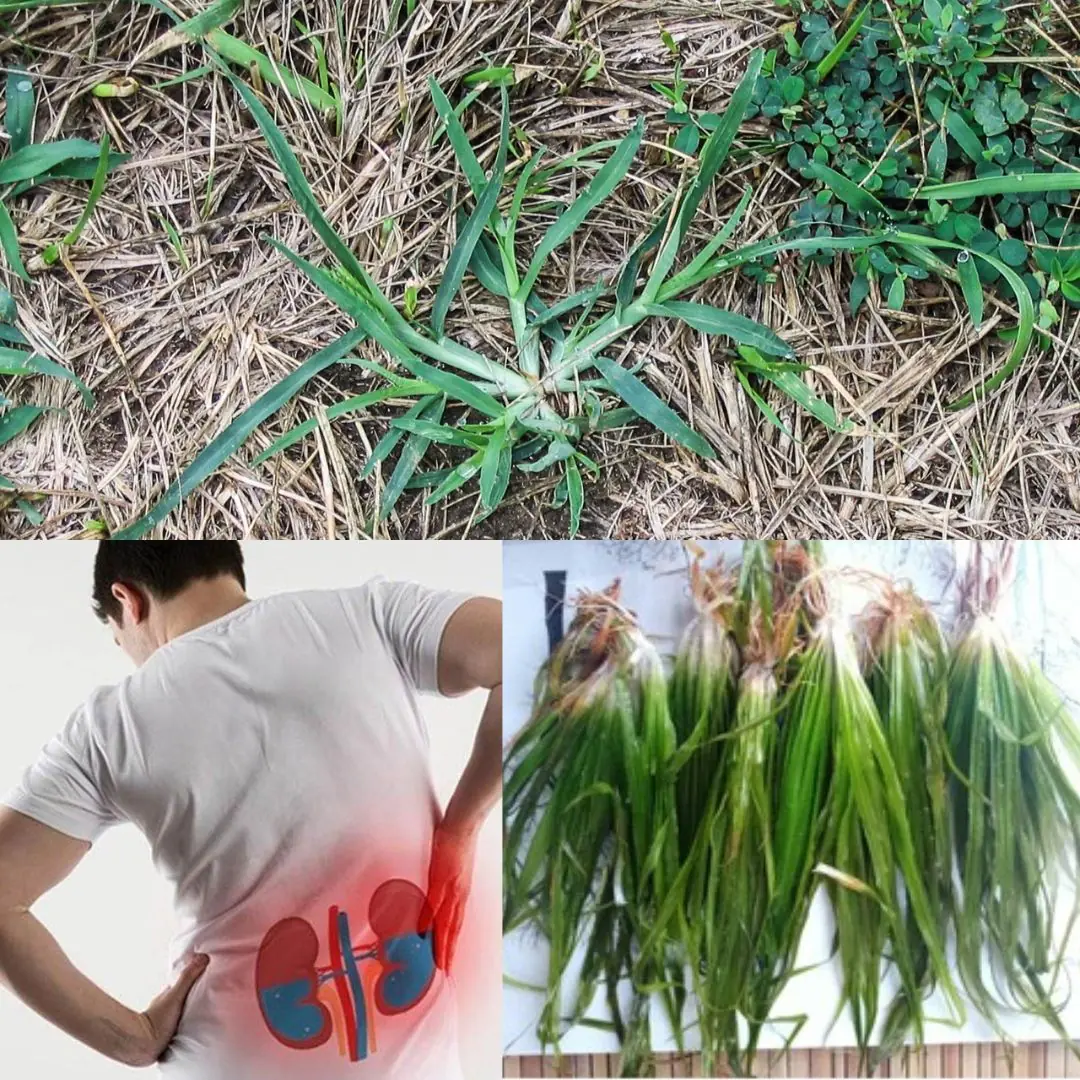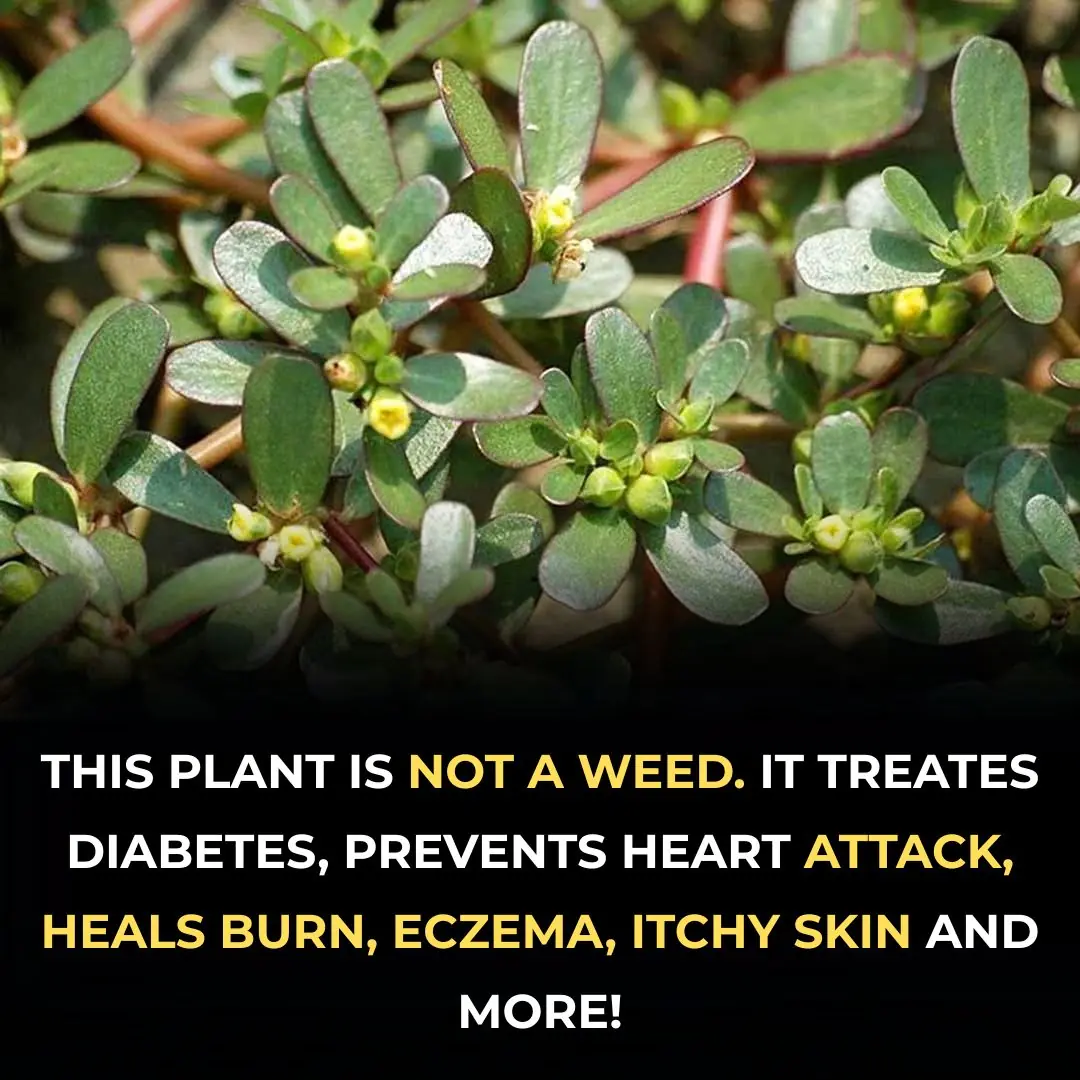There's said to be more that 200 different types of cancer, and pancreatic cancer is one of the most prevailing types.
Pancreatic cancer makes up for around three percent of all cancers in the US and around eight percent of all cancer-related deaths.
It's also more common in women than in men: it is the 10th most common cancer for American men, while it's the eighth most common for women, says Cleveland Clinic.
While pancreatic cancer doesn't usually cause symptoms in its early stages, as it develops, people might find that they experience pain in the tummy or back, yellowing of the skin and whites of your eyes (caused by jaundice), unexplained weight loss, and changes to your poo.
For example, Lee Rawlinson, from Essex, UK, experienced a 'dull ache' in his stomach and at first thought it was down to stress, however, he sadly went on to be diagnosed with terminal pancreatic cancer.
With this in mind, the father-of-two has urged people to check checked out if they experience any possible symptoms, abdominal pain in particular.
But there are other, lesser known symptoms that can come with this type of cancer.


Cancer Research UK states that additional signs include indigestion; sickness; diabetes; itching and fever; and shivering.
Another one is blood clots.
"Occasionally, pancreatic cancer is linked to blood clots," the website says.
READ MORE:
WOMAN LEARNS SHE WAS A YEAR TO LIVE AFTER ASSUMING SYMPTOM WAS IBS
HOW TO PREVENT BLOOD CLOTS ON LONG-HAUL FLIGHTS
"They may form in the deep veins of your body, usually the leg. This is called deep vein thrombosis (DVT). Or blood clots can develop in smaller veins anywhere in the body. Sometimes the clots will disappear and then develop somewhere else in the body."
Away from pancreatic cancer, blood clots themselves can prove fatal.


If you know you have a clot and start to get pain, redness and swelling around the area where it is, find the area around the clot is warm to touch, experience breathlessness, or get pain in your chest or upper back, then Cancer Research says you need to 'contact your healthcare team right away'.
Coughing up blood is also another symptoms of when a blood clot has worsened and a sign you should seek out medical attention as soon as possible.
If you’ve been affected by any of these issues and want to speak to someone in confidence, contact the American Cancer Society on 1-800-227-2345 or via their live chat feature, available 24/7 every day of the year.
0 comments
Featured Image Credit: Getty Stock





.jpg)
.jpg)

















